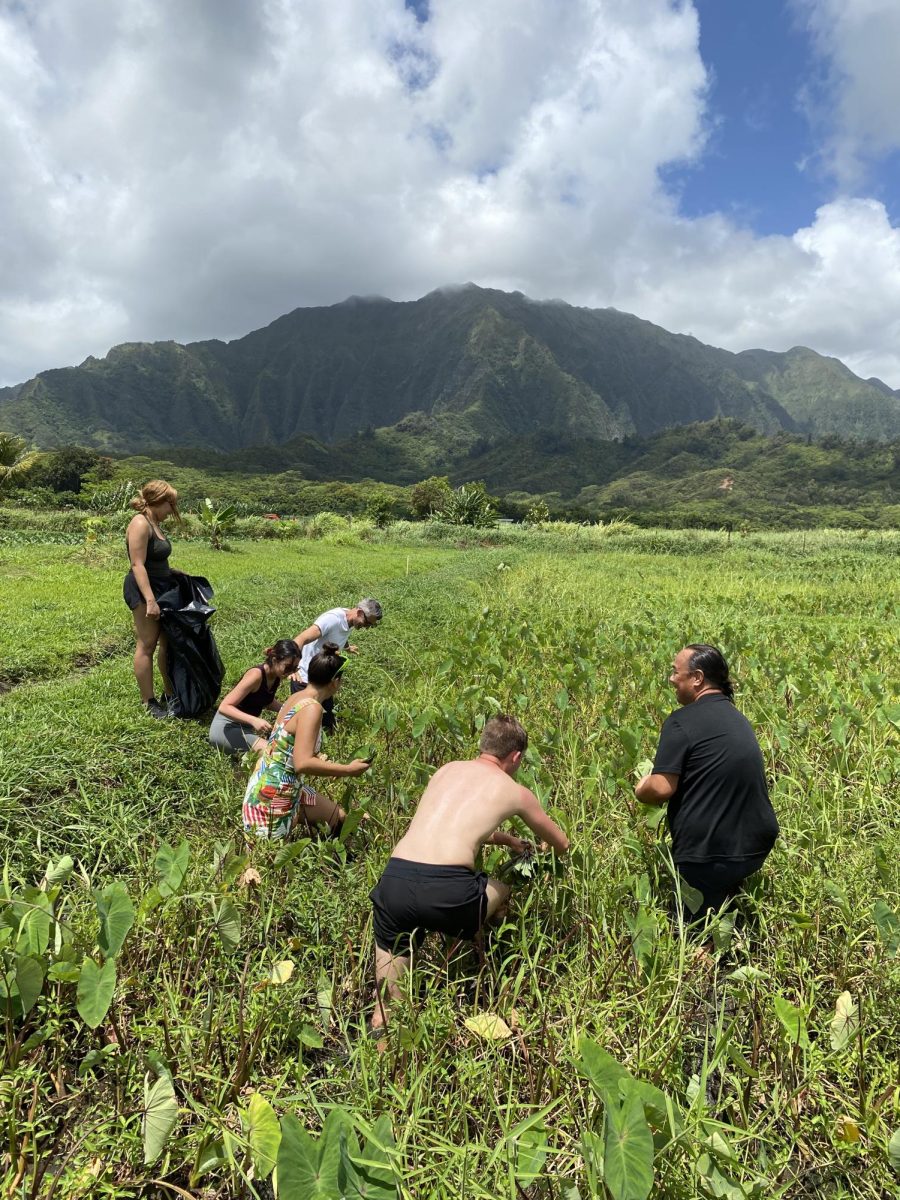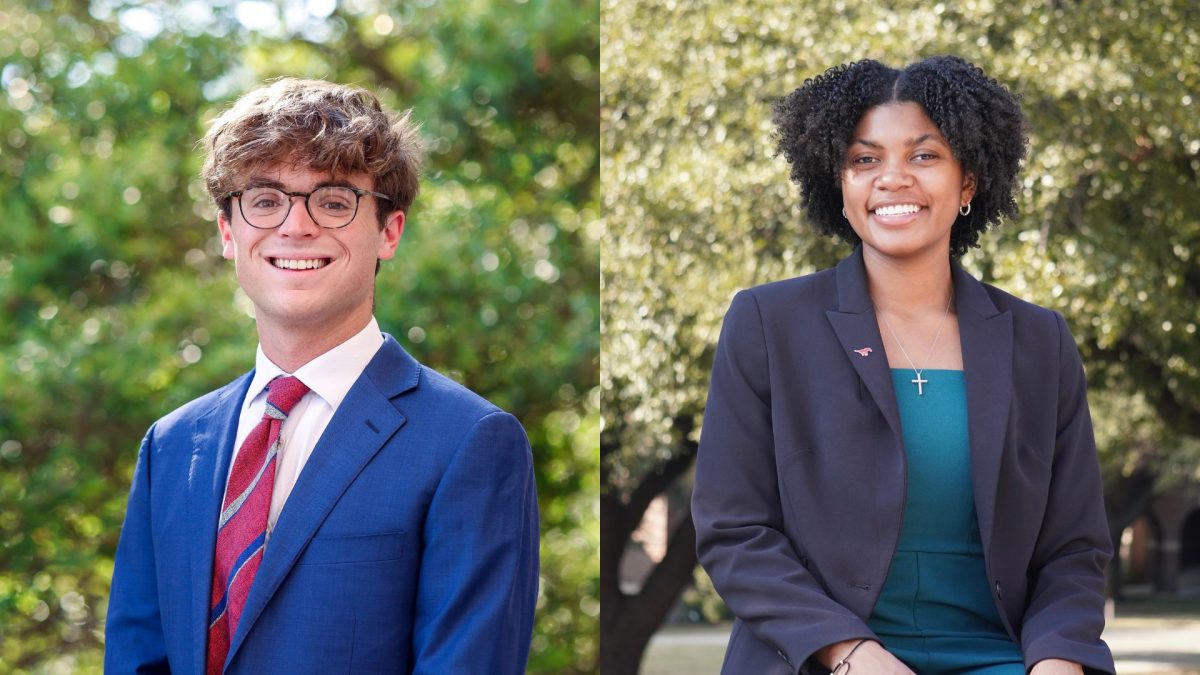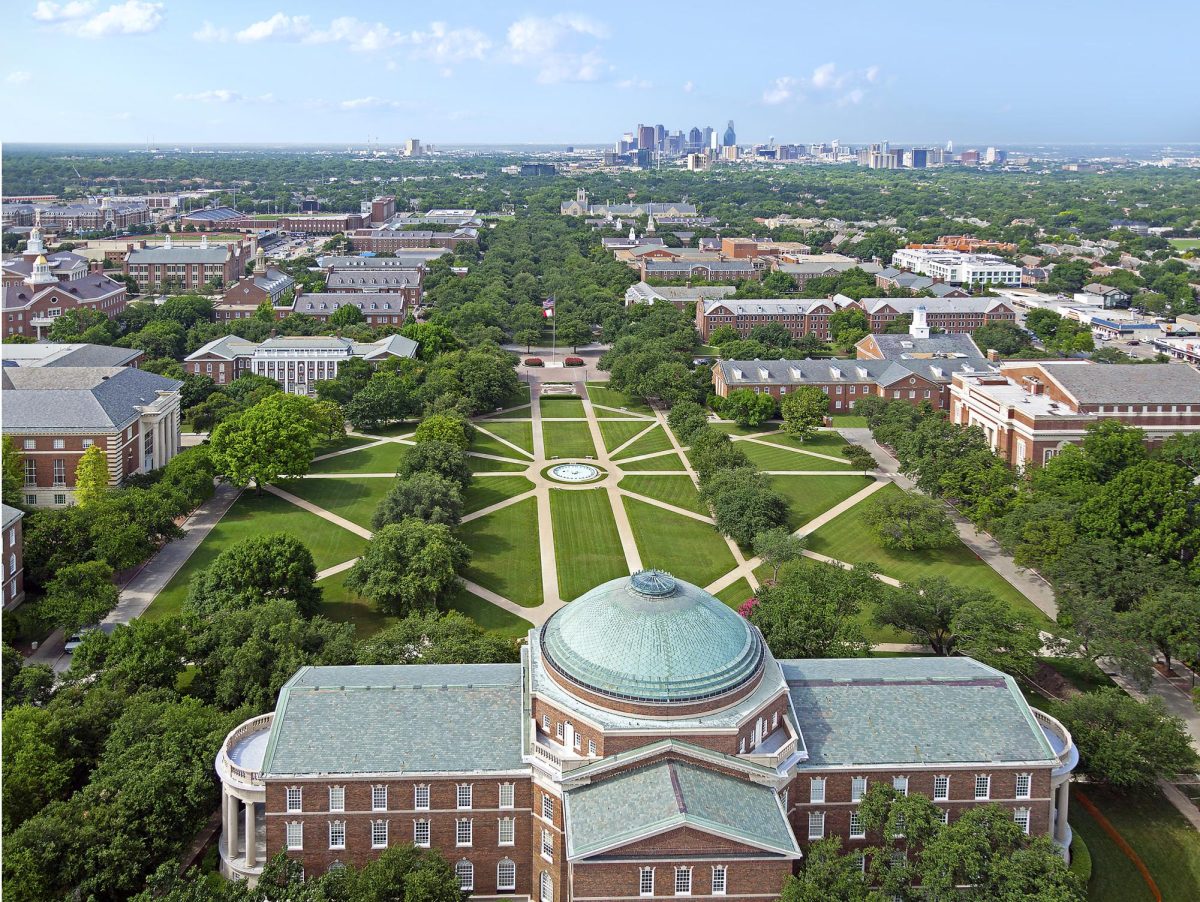Jo Lew had heard the stereotypes of SMU being a playground for largely wealthy, white and conservative students. But when Lew learned about SMU’s human rights program, their views about the university changed.
“The [program] was the entire reason why I attended SMU,” Lew said. “I wanted to go to a school that empowered its students to become activists and advocates while helping to shape a more diverse and inclusive world for all.”
SMU’s human rights program is one of nine of its kind in the country and the only one located in the South. But the program is about to run out of funding, making its future uncertain.
The program was formed in 2006 after SMU alumna Lauren Embrey and her sister Gayle Embrey donated an initial gift of $2 million, said Rick Halperin, the director of the program. Lauren was inspired by Halperin on a trip to Poland the previous year and decided to make the donation, intending it to be initial funding for the program.
17 years later, that funding is running out.
The Embrey donation went towards staffing and academic initiatives, like trips to Poland, Rwanda, Cambodia, Native American sites, Japanese internment camps, death row facilities and more. Funds contributed towards flights and accommodations for students in need.
The program also does outside fundraising, like SMU Giving Day, which has helped to stretch the Embrey donation further.
Since 2019, the human rights program has seen their staff reduced by almost half, despite a 190% increase in students, Halperin said. Two staff members left, one to pursue a graduate degree and one to retire. The program was left with three full-time staff members, not including faculty.
While those staff members chose to leave on their own accord, the program couldn’t afford to replace them, clarified Brad Klein, associate director of the program. Additional funding would also go towards hiring more staff, he said.
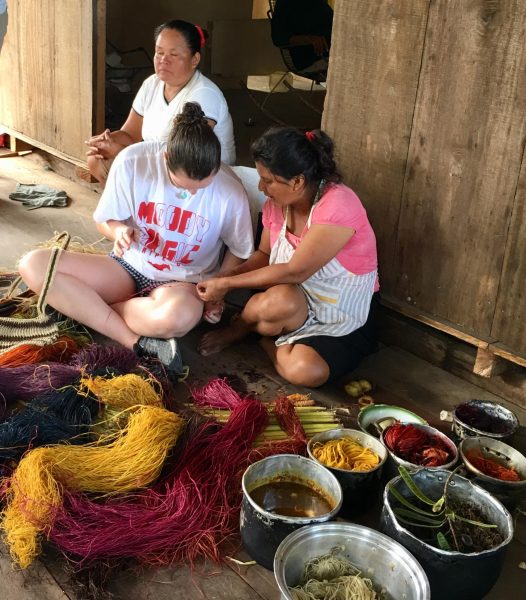
The human rights program at SMU is the longest running university program to visit Holocaust sites anywhere in the country, Halperin said. He emphasized that travel is one of the most crucial parts of what they do.
“The goal has always been, from day one, to get students out of the classroom, into this community and into the world,” Halperin said.
Halperin said the program has more students now than ever before, which has made budgeting issues even more difficult.
“Our budget has been reduced in the last couple of years. So what we are asked to do now is not a good combination,” he said. “An endowment would restore the initial level of funding for programming that we had in the early years.”
Senior Guadalupe Roman explained the program can no longer afford to have a full-time outreach coordinator to recruit students the same way she was recruited to join the program.
“Since the beginning of the program, this is the first school year that we did not have a recruitment event in the fall,” she said to The Daily Campus in April.
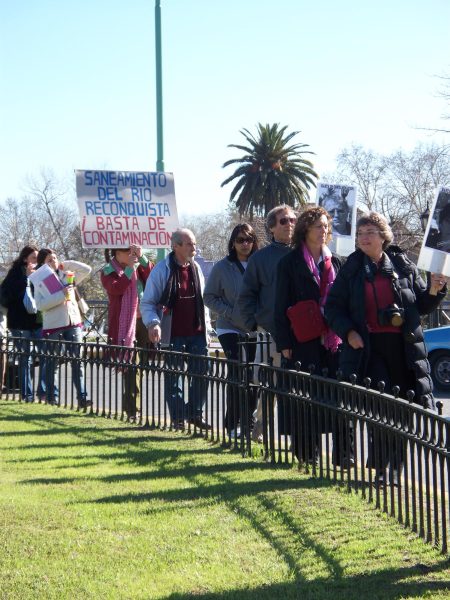
Students who major or minor in human rights major are not affected by the funding issues, Halperin clarified. “I want to be clear that [the major and minor] are here to stay,” he said.
Roman said despite the major and minor not being in jeopardy, she still worries about the future of the human rights program at SMU.
“We understand that the degree itself will not go away, we are worried about the community that will be lost,” she said. “The funding is not just about the courses.”
Despite students’ frustrations, the university says it is actively seeking funding.
“We are aggressively seeking to endow the program at a level somewhere between $7 million to $10 million,” said Thomas DiPiero, Dean of Dedman College of Science and Humanities, to The Daily Campus in April.
“Endowment is, of course, the best way to ensure the long-term health and flexibility of the program. However, it should not be assumed that because the program is not yet endowed that it is, by default, endangered,” Dean DiPiero said. “While we continue fundraising, we are going to make sure we prioritize components of the HRP that provide students the best experience–for example, the annual trips to Holocaust sites.”
Both Halperin and Klein emphasized the support the program has received from Dean DiPiero. However, their concerns about funding for the program still remain.
Dean DiPiero said the program is “fully supported”, but students disagree.
Students have jumped into action to help fundraise for the program. Students published an open letter in The Daily Campus last March explaining funding issues and asking for donations.
Students helped to raise almost $40,000 on SMU Giving Day in March.

Graduates from the program have gone on to be Yale Pickering Fellows, Marshall Scholars, Fulbright Scholars, employed at the United Nations Institute for Training and Research and more, the open letter states.
Lew said they feel the university broadcasts the accomplishments of students in the program, but isn’t stepping up as much as they’d like.
“It feels strange to constantly have our highest achieving students used as the university’s faces of diversity in marketing and media yet still struggle with finding funding for the program,” Lew said.
Ash Thye, who graduated last May from the program, said students have faced criticism from administrators for being outspoken about funding issues.
“They criticize us for going public, because “no one wants to fund a dying program,” Thye said. “But it’s not dead, it’s still incredibly vibrant, and we just need the support from the university and community to ensure it remains that way.”
The program has enough funding left from the Embrey donation to sustain the program’s operational costs for two more years, Halperin said. Students and faculty hope to see the program endowed before funding runs out to ensure travel and community outreach for students continue.
“This program is more than just a major or a minor,” Roman said. “It is a family that supports and advocates for us. The [program] opens doors to students who have the potential to change the world, teaches us how to learn, builds our advocacy and network and then invests in our dreams.”



